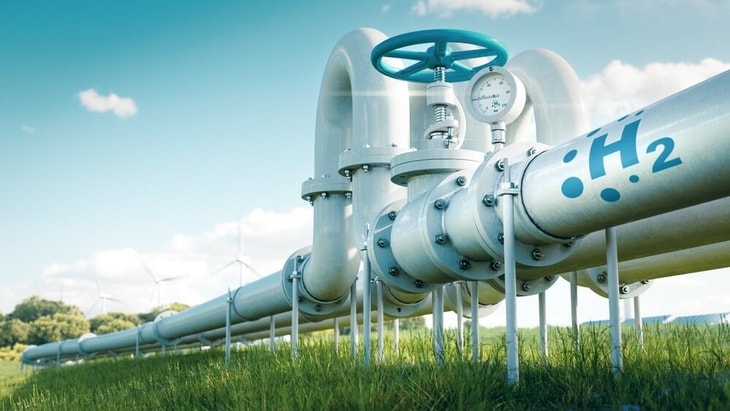Penspen has been awarded a hydrogen blending contract by Latvian natural gas operator Conexus Baltic Grid, boosting its portfolio of energy transition projects. The contract will see Penspen’s UK-based integrity team assess the feasibility of introducing hydrogen blends into Latvia’s existing natural gas pipeline network.
The project aims to align the infrastructure with international and national regulations, paving the way for a cleaner energy future in Latvia. Penspen’s scope includes studying the effects of hydrogen on pipeline steel properties, examining interactions with existing defects and ensuring the structural integrity and safety of the network under blended conditions.
Ali Alani, Director of Asset Integrity at Penspen, said, “We are very pleased to be awarded this project and excited to be working with Conexus Baltic Grid. The project scope aligns well with our materials engineering and pipeline analysis core strengths as well as our extensive knowledge of pipes from that age and region. This is a good addition to our growing H2 pipeline repurposing track record.”
Rolands Trenko, Project Manager at Conexus Baltic Grid, highlighted the importance of Penspen’s involvement in the initiative, adding, “The knowledge and experience Penspen have with pipelines of this age and region will be invaluable as we work to adapt our infrastructure for hydrogen mix. Together, we’re setting a strong foundation for a sustainable energy future and furthering the transition to cleaner energy sources.”
... to continue reading you must be subscribed







